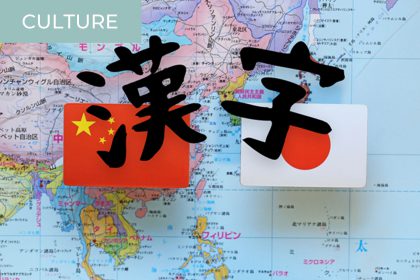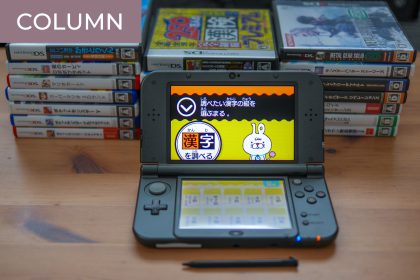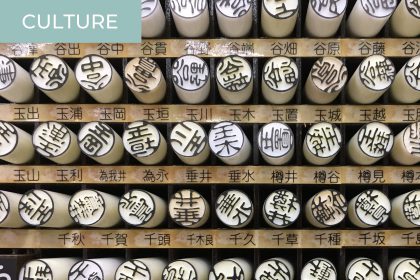Whether you are a new learner of the Japanese language or already at an advanced level, a good dictionary (or dictionaries) is a must! We have come a long way from paper dictionaries and portable electronic dictionaries. Now, many of us use dictionaries online, on our web browsers, e-reader and tablets, Nintendo DS, or computer…
Not All Kanji Are Chinese: Understanding Japanese Kanji Creations and False Friends
One of the first things you will learn about kanji is that they are Chinese characters. But did you know that not all kanji are from China? What’s more, not all words written in kanji mean the same thing in Japanese as they do in Chinese! Let me tell you about these Japanese kanji creations,…
How to Count in Japanese
Do you know how to count in Japanese? Along with keigo, counting in Japanese is often considered one of the most difficult aspects of the language to learn. Because of the historical influence of Chinese vocabulary, the Japanese language actually has different ways of counting in different contexts. If you’re confused, that’s okay. I’m going…
Cardemy: An Integrated, Personalized, and Authentic Way to Learn Japanese
This article was produced in cooperation with Cardemy. I’ve studied Japanese on and off since I was in college, encountering several progress plateaus along the way. Whenever I managed to cross one of those plateaus, it was due to one of the following pillars of my language-learning journey. The first one was the accountability and…
7 Questions to Ask Yourself When Translating from Japanese to English
I’ve been living and working in Japan for more than ten years. Based on personal experience and talking with friends, I found out that when you are one of the few foreign assets in a Japanese company, and your Japanese level is fair, translating may be one of your unexpected jobs. Companies often overlook that…
Beginner Japanese Tip: Overcoming the Ambiguity of “Daijobu”
One of the more challenging aspects of learning Japanese is dealing with words that have multiple—often opposite—meanings. For beginners, one prominent example of this phenomenon is the word daijobu. Essentially, this word represents the concept of being “OK” or “all right.” For example, if you trip and fall in public, a passerby may ask, “daijobu…
The Best Advanced Japanese Language Podcasts to Learn Something New about the World in 2022
I am a huge fan of podcasts, but as an advanced Japanese speaker, sometimes I have struggled to find engaging content at the right level in Japanese. I consider myself fluent, but of course, I am not native. I also admit that my reading ability is much stronger than my listening. I can read a…
Why the Japanese Nintendo 3DS Is an Amazing Device for Learning Japanese
In my ongoing (and perhaps never-ending) quest to achieve full Japanese literacy, I’ve developed a reputation for being a digital flashcard addict. However, effective as they are, flashcards alone are not enough to become fully literate in Japanese (as friends and colleagues often remind me). Going beyond textbooks and immersing yourself in native Japanese content…
Moving to Japan? Learn Katakana First.
If you’re moving to Japan (or even taking an extended vacation), you’ll want to start learning the language, including how to read. Register for a class or buy a coursebook. You’ll start first from hiragana, then katakana, and finally kanji. It’s a natural progression. Actually, it’s not. Or at least, not for everyone. Hear me…
Japanese Family Names and Their Meaning
Some time ago, we introduced the most popular Japanese first names and their meaning. But what about Japanese family names? Read along for an introduction to the most common family names in Japan, and a history of how family names evolved over time. This article was kindly provided to Kokoro Media by our partner the German-Japanese…










